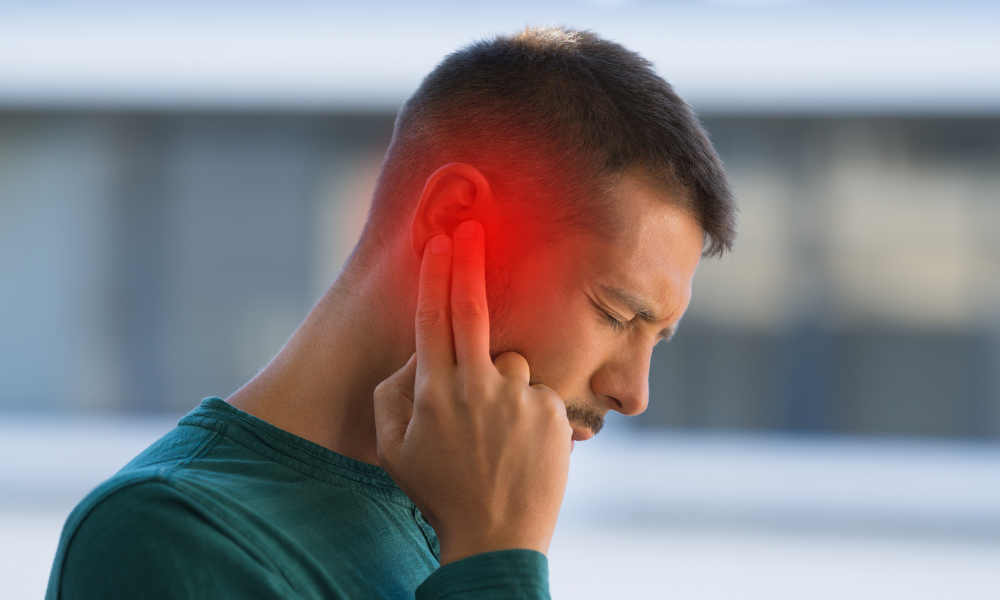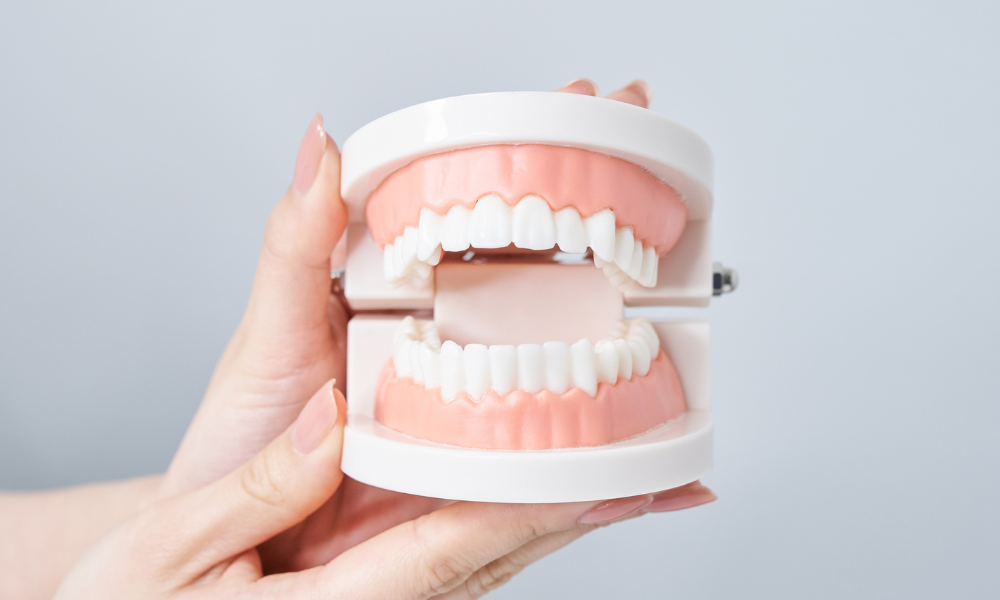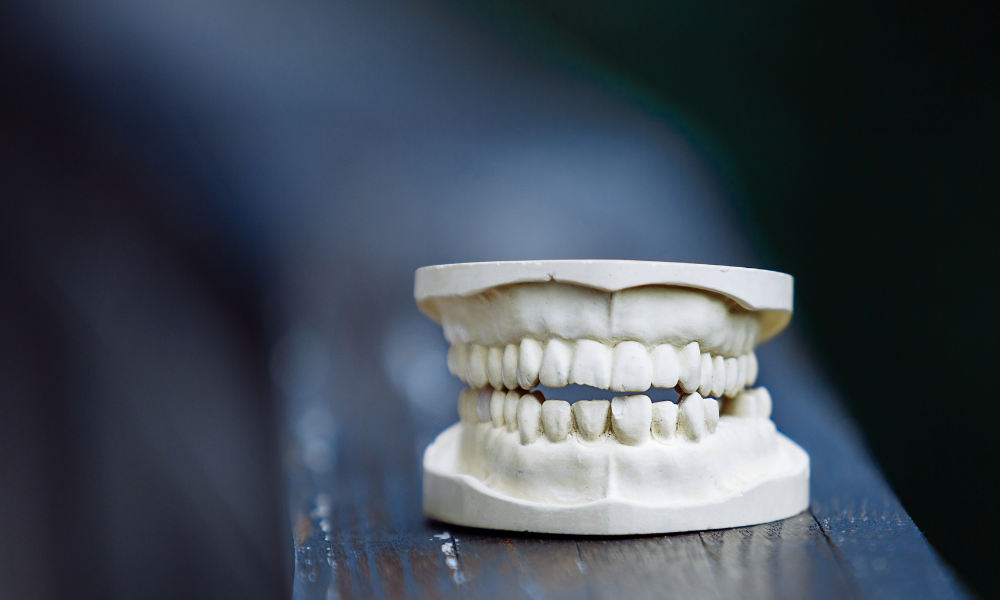
Orofacial pain conditions, including temporomandibular joint disorders (TMD/TMJ), myofascial pain, atypical tooth pain, trigeminal nerve disorders, and neurovascular and neuropathic pain, can be significantly influenced by stress. High stress levels can exacerbate existing pain symptoms, prolong recovery, and hinder the effectiveness of traditional treatment options. Therefore, managing stress is critical for improving quality of life and successfully treating orofacial pain.
Dr. Bloxham at Columbia Center for Sleep Apnea and TMJ is focused on treating and managing orofacial pain conditions using patient-centered, integrative approaches. In addition to addressing the physical aspect of pain conditions, understanding and targeting stress as a contributing factor is indispensable for developing a successful, comprehensive treatment plan tailored to the individual patient's needs.
In this article, we will discuss the relationship between stress and orofacial pain, explore various stress management techniques that can be incorporated into your daily routine to reduce pain and improve overall well-being, and offer guidance on when to seek professional help from a specialized healthcare provider like Dr. Bloxham at Columbia Center for Sleep Apnea and TMJ.
The Relationship Between Stress and Orofacial Pain
- Stress-Induced Muscle Tension
Stress can lead to increased muscle tension in the face and jaw, which can contribute to or exacerbate orofacial pain conditions such as TMD/TMJ and myofascial pain. Maintaining this tension over time can lead to muscle fatigue, discomfort, and even changes in jaw function. - Teeth Grinding (Bruxism)
Stress is a common trigger for teeth grinding or clenching, also known as bruxism. This repeated forceful action can strain the jaw muscles, temporomandibular joint, and teeth, leading to or worsening pain symptoms. Bruxism often occurs during sleep, making it a difficult habit to control without appropriate intervention. - Emotional Impact on Pain Perception
Stress has a potent effect on the emotional state, which can impact how individuals perceive and cope with pain. Chronic stress can alter pain perception, making it more challenging to manage symptoms and often leading to a perceived reduction in treatment effectiveness.
Stress Management Techniques for Orofacial Pain Relief
- Mindfulness and Relaxation Techniques
Incorporating mindfulness and relaxation practices into your daily routine can help to relieve stress and minimize orofacial pain symptoms. Techniques such as deep breathing, progressive muscle relaxation, meditation, and visualization can help to reduce overall stress levels and promote relaxation of the jaw muscles. - Physical Activity
Regular physical activity is not only beneficial for overall health but can also help to reduce stress. Engaging in low-impact exercise like walking, swimming, or yoga can help to promote relaxation, reduce muscle tension, and improve overall pain management. Be sure to consult with your healthcare provider before beginning any exercise program. - Sleep Hygiene
Healthy sleep habits can help to reduce stress-related orofacial pain. Establishing a consistent sleep schedule, creating a calming sleep environment, and engaging in relaxation techniques before bed can improve sleep quality and decrease stress levels, ultimately contributing to pain relief. - Cognitive Behavioral Therapy (CBT)
CBT is a type of psychotherapy that can help individuals change negative thought patterns and behaviors associated with stress, leading to improved pain management. It can be particularly helpful for individuals living with chronic pain conditions like TMD/TMJ, myofascial pain, or trigeminal nerve disorders.
When to Seek Professional Help
While self-care strategies for stress management can significantly improve orofacial pain symptoms, it is essential to seek professional help from a specialized healthcare provider like Dr. Bloxham at Columbia Center for Sleep Apnea and TMJ if your symptoms persist or worsen. These experts can help you understand the underlying causes of your orofacial pain, recommend appropriate treatments, and provide resources to manage stress and pain more effectively.
Conclusion
Understanding the connection between stress and orofacial pain and implementing effective stress management techniques is essential for those who suffer from these pain conditions, particularly TMD/TMJ, myofascial pain, and trigeminal nerve disorders. By taking charge of your stress levels, you can optimize your treatment plan, reduce pain symptoms, and enhance your quality of life. Consult with a specialized healthcare provider like Dr. Bloxham at Columbia Center for Sleep Apnea and TMJ for professional guidance on managing your orofacial pain condition in conjunction with stress reduction strategies, ultimately leading to a more comfortable and fulfilling life. Contact our
TMJ pain specialist in Richland, WA today.











